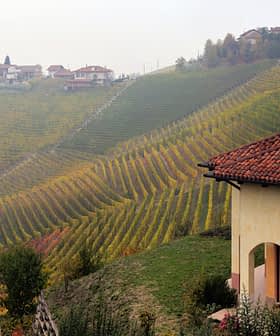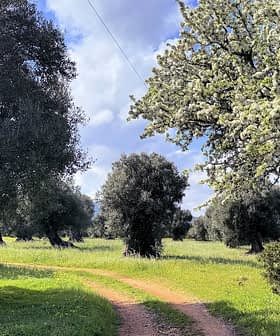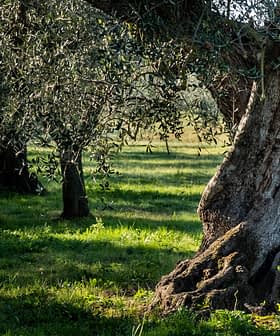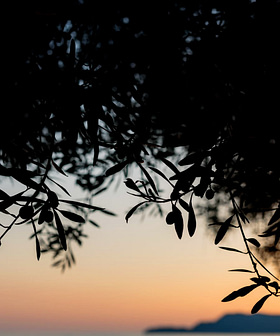The amount of land dedicated to organic olive cultivation in Spain increased by 2.3 percent in 2022 after experiencing an explosive 16 percent increase in 2021.
According to data from Spain’s Ministry of Agriculture, Fisheries and Food, 262,379 hectares of organic olive groves are now in 16 of the country’s 17 autonomous communities. The northern region of Cantabria remains the only Spanish community without organic olive groves.
See Also:Demand for Organic Olive Oil Growing GloballyOverall, ministry data indicate that total organic land cultivation in Spain increased by 1.5 percent in 2022 compared with 8 percent in 2021. After natural grasslands and nuts, olives are the third-largest organically cultivated crop in the country.
However, the increase in organic olive cultivation in the world’s largest olive oil-producing country was not uniform. Organic olive cultivation rose in 13 of 16 autonomous communities.
| Region | 2022 Organic Groves (ha) | 2021 Organic Groves (ha) | % Change |
| Andalusia | 117,237 | 117,380 | -0.1 |
| Aragón | 8,878 | 7,916 | 12.1 |
| Asturias | 0.04 | 0.04 | – |
| Balearic Islands | 1,376 | 1,255 | 9.6 |
| Basque Country | 28 | 21 | 32.5 |
| Canary Islands | 51 | 61 | -17.0 |
| Castilla-La Mancha | 74,875 | 72,392 | 3.4 |
| Castilla y León | 772 | 699 | 10.4 |
| Catalonia | 9,801 | 9,666 | 1.4 |
| Extremadura | 30,021 | 29,147 | 3.0 |
| Galicia | 182 | 179 | 1.9 |
| Madrid | 4,143 | 3,864 | 7.2 |
| Murcia | 6,163 | 5,402 | 14.1 |
| Navarra | 878 | 869 | 1.1 |
| La Rioja | 774 | 754 | 2.7 |
| Valencia | 7,198 | 6,902 | 4.3 |
| Total | 262,379 | 256,510 | 2.3 |
The most significant increase in surface area came in Castilla-La Macha, Spain’s second-largest olive oil-producing region, with an expansion of 2,483 hectares. Meanwhile, the largest decrease came in Andalusia, the world’s largest olive oil-producing region, which lost 143 hectares of organic olive groves.
Far smaller decreases were also recorded in Asturias (-2.5 percent, less than 1 hectare) and the Canary Islands, which lost 10 hectares of organic olive groves between 2021 and 2022.
According to Juan Vilar, a strategic consultant for the olive oil sector, some organic groves were abandoned due to the poor harvest of the previous season.
He added that rising olive oil prices at origin have lowered the profit margin of organic olive farms compared to conventional ones, leading more farmers to focus on the latter.
After Castilla-La Mancha, Spain’s third and fourth largest olive-growing regions, Extremadura and Catalonia saw modest increases.
In Valencia, where organic olive grove cultivation increased by 296 hectares from 2021 to 2022, local officials said efforts to promote organic farming of all types were helping to stem the region’s rural exodus, a pervasive problem in Spain stemming back to the 2008 financial crisis.
The release of the statistics from the agriculture ministry came as acting minister Luis Planas addressed the European Congress of Organic Production in Córdoba, Andalusia.
At the event, Planas hailed the role of organic farming in the fight against climate change and praised the controversial eco-schemes included in Spain’s national plan for the Common Agricultural Policy to increase organic cultivation.
According to the ministry, three of four Spanish farmers and ranchers have taken advantage of the eco-schemes, which provide financial incentives for farmers and ranchers to follow organic practices.
“Organic agriculture constitutes one of the best responses in our green pact to achieve the sustainability of our agricultural production from an economic, social, human and environmental point of view,” Planas said.
With a total of 2.7 million hectares of land cultivated organically, Planas concluded that Spain is well on its way to achieving the European Green Deal objective of having 25 percent of all agricultural land in the European Union following organic practices by 2030.









